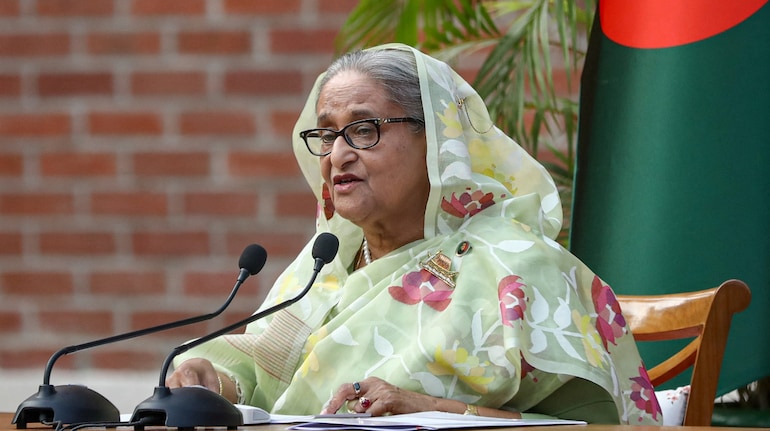Date: August 6, 2024
Location: Washington, D.C.
The United States has officially revoked the visa of Sheikh Hasina, the Prime Minister of Bangladesh, amid escalating political tensions and reports suggesting that several Western nations, including the US, are seeking her ousting from power. This significant diplomatic move comes as part of a broader effort by Western governments to address concerns over democratic governance and human rights in Bangladesh.
The decision to revoke Hasina's visa has added to the uncertainty surrounding her future. According to sources, the United Kingdom is also not prepared to grant her refuge, closing off another potential avenue for asylum. The lack of refuge offers from key Western nations leaves Hasina in a precarious position as the political landscape in Bangladesh remains volatile.
Sheikh Hasina is currently in India, where she is reported to be at a safe and secret location. India's government has not made any official statements regarding her status, but it is widely believed that she may remain there for the time being. This situation has sparked speculation about the possible implications for India-Bangladesh relations and the regional balance of power.
The current situation is not the first time Sheikh Hasina has sought refuge in India. Decades ago, following a military coup that led to the assassination of her father, Sheikh Mujibur Rahman, the founding leader of Bangladesh, Hasina took up an offer of political asylum from then Indian Prime Minister Indira Gandhi. She lived in exile in New Delhi for six years before returning to Bangladesh to resume her political career.
As the situation continues to evolve, the international community watches closely, with concerns over the stability of Bangladesh and the potential ramifications for the region. The revocation of Hasina's visa by the US and the denial of refuge by the UK are significant developments that could have far-reaching consequences for the future of Bangladesh's political landscape.


Comments
Post a Comment